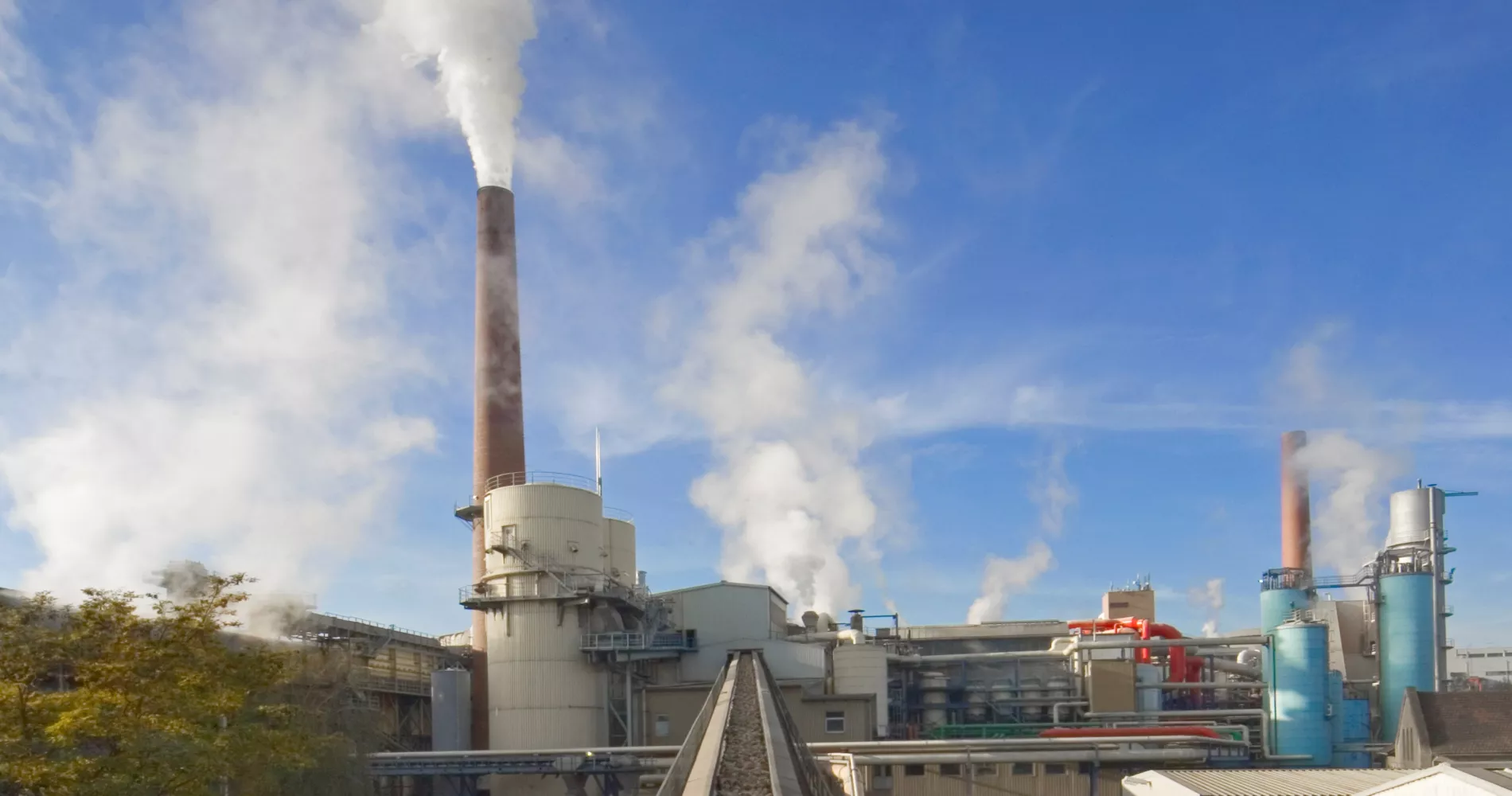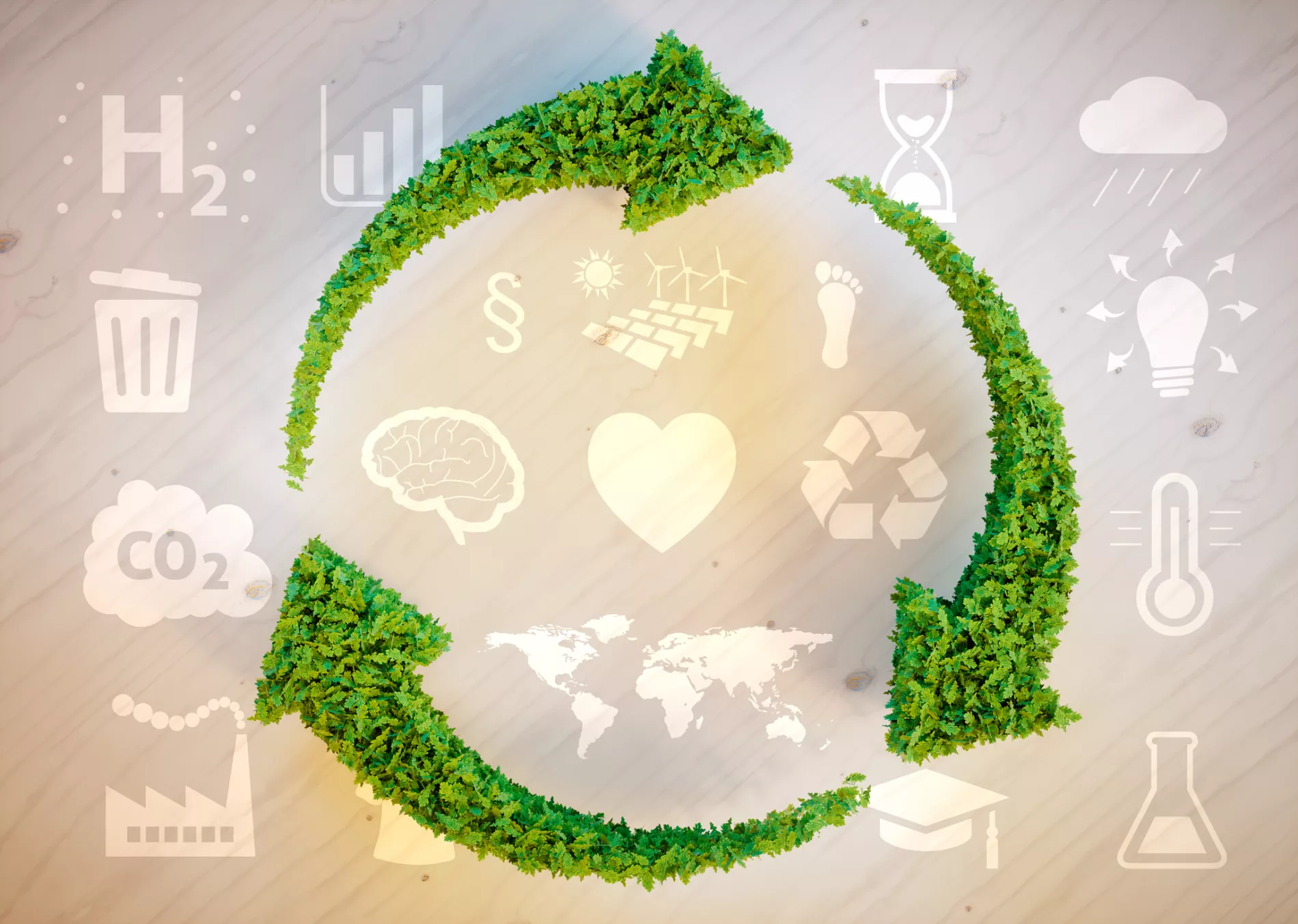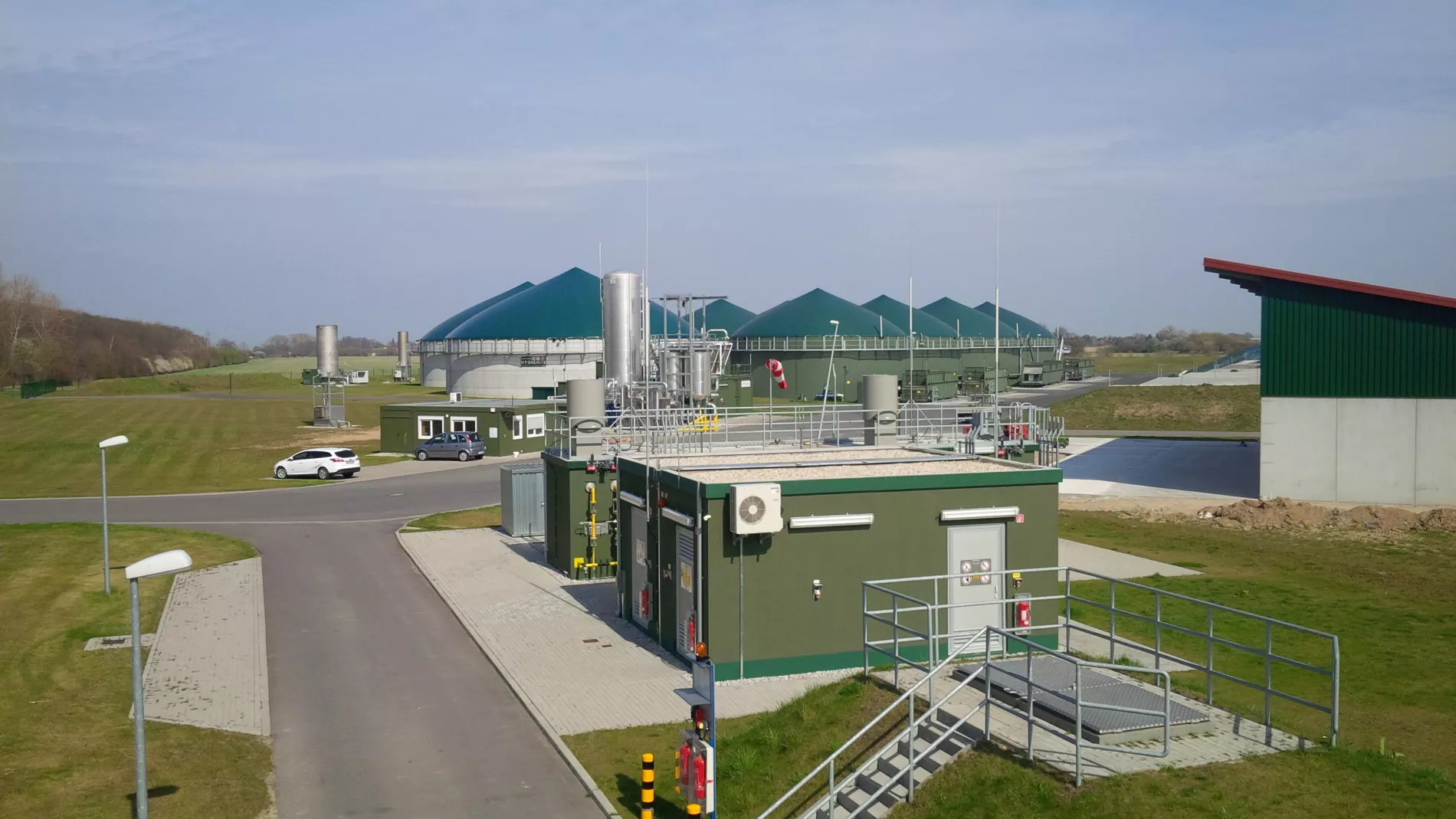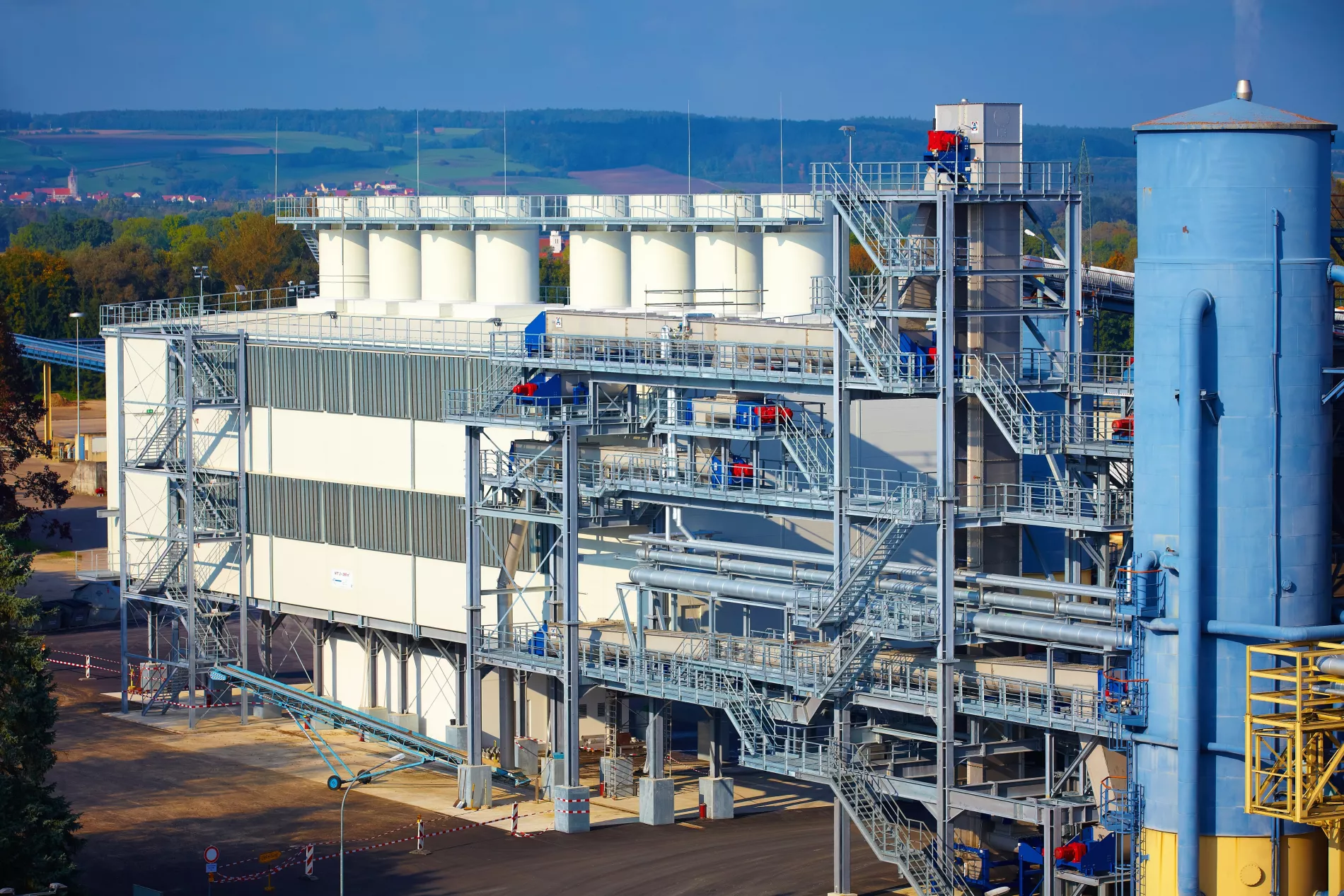
Energy and emissions
Energy use and emissions
For many of our industrial production processes, we require considerable amounts of energy, often in the form of steam. Modern energy technology helps us to produce large quantities of high-quality products: For example, we use combined heat and power plants that produce both steam and electricity highly efficiently. We aim to reduce greenhouse gas emissions in the future by further improving energy efficiency and changing the fuel mix.
Energy management systems: certified efficient
The energy management system at the German and Austrian production locations of Südzucker, AGRANA, BENEO, Freiberger and CropEnergies is certified to ISO 50001. The same applies to the sugar production locations in France, Poland, Slovakia, the Czech Republic and Hungary, the other locations in the fruit juice concentrates division in the EU and the Freiberger location in Great Britain. The CropEnergies location in the UK has been audited under the Energy Savings Opportunity Scheme. At the BENEO, CropEnergies and Raffinerie Tirlemontoise sites in Belgium, energy use is certified according to "Les accords de branche de seconde génération".


Renewable energies on the advance
In addition to efficiency improvements, we are increasingly focusing on renewable energies: At our Rackwitz site, we produce biogas from renewable raw materials for feeding into the public grid. In addition, three sugar factories produce biogas from pressed pulp. In Pemuco (Chile), a biomass boiler has been used to generate steam for a few years.
Low temperatures, high effect
At the Rain, Plattling and Ochsenfurt, Tulln and Leopoldsdorf locations, we have commissioned so-called low-temperature dryers in recent years, which use waste heat from production to dry the animal feed, such as beet pulp, produced during the manufacture of sugar. Hardly any additional energy is required in the process, which saves costs and resources.
